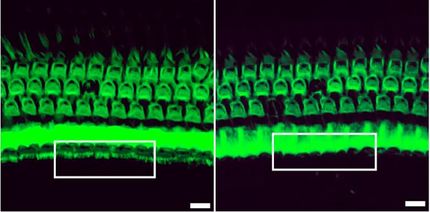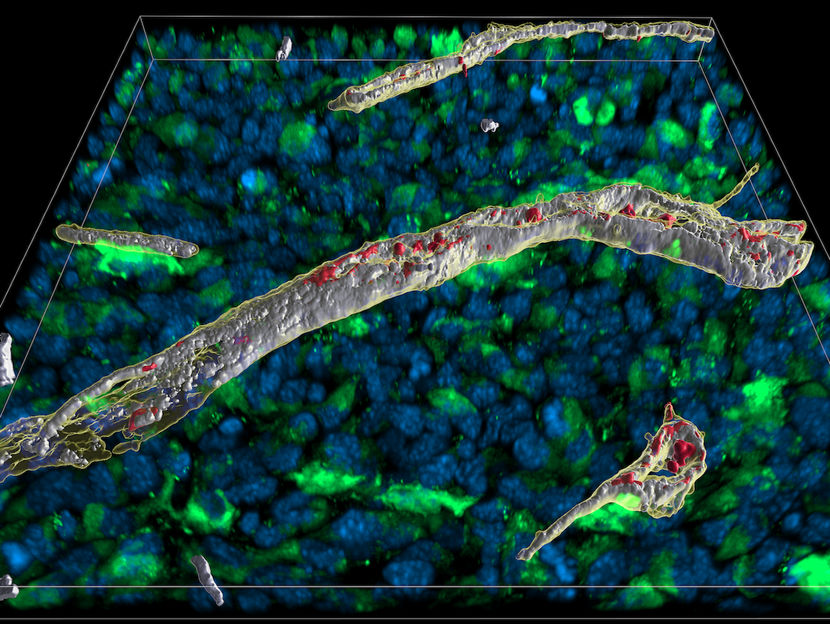Genzyme Launches Key Test To Monitor Gleevec Resistance
Two Additional Personalized Medicine Tests Also Available
Genzyme Corporation announced the availability of an important new test to monitor drug resistance in chronic myeloid leukemia (CML) patients who are treated with Gleevec® (imatinib mesylate). Despite high response rates to Gleevec, approximately four to five percent of patients who were initially treated successfully will develop resistance during therapy. Genzyme's new BCR-ABL mutation analysis test will assist physicians in evaluating resistance to therapy and facilitate appropriate adjustments to treatment.
The molecular hallmark of CML is a mutation known as BCR-ABL. This mutation is the specific target for Gleevec and is found in 95 percent of patients with CML. In relapse patients, the majority of secondary mutations in the ABL portion of the gene correlate with treatment failure. Genzyme's new test detects all secondary BCR-ABL mutations and therefore predicts resistance to Gleevec.
Because of its high efficacy and limited side effects, Gleevec as a first-line therapy is considered to have revolutionized long-term survival of patients with CML. The discovery of the BCR-ABL mutations was made by researchers at the University of California at Los Angeles (UCLA) Jonsson Cancer Center in 2001, who are currently working to determine if the same mutations in patients with CML may also lead to resistance to newer investigational treatments. In October, Genzyme announced that it entered into a license agreement with UCLA to obtain exclusive, worldwide diagnostic rights to UCLA's discovery of gene mutations believed to be associated with drug resistance to Gleevec.
Genzyme Genetics offers two tests that identify non-small cell lung cancer (NSCLC) patients likely to respond to therapies. The presence of epidermal growth factor receptor (EGFR) mutations have been shown to correlate with clinical response to certain drugs, including Tarceva® (erlotinib) and IRESSA® (gefitinib), used in treating this deadly form of cancer. Genzyme now offers EGFR by FISH (fluorescence in-situ hybridization), which detects over amplification of the EGFR gene. This new test complements Genzyme's EGFR Mutation Assay, which also detects the presence of EGFR in patients with NSCLC.
Most read news
Other news from the department research and development

Get the life science industry in your inbox
By submitting this form you agree that LUMITOS AG will send you the newsletter(s) selected above by email. Your data will not be passed on to third parties. Your data will be stored and processed in accordance with our data protection regulations. LUMITOS may contact you by email for the purpose of advertising or market and opinion surveys. You can revoke your consent at any time without giving reasons to LUMITOS AG, Ernst-Augustin-Str. 2, 12489 Berlin, Germany or by e-mail at revoke@lumitos.com with effect for the future. In addition, each email contains a link to unsubscribe from the corresponding newsletter.






















































